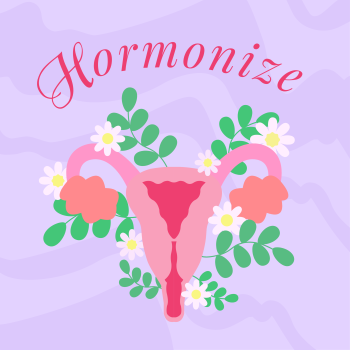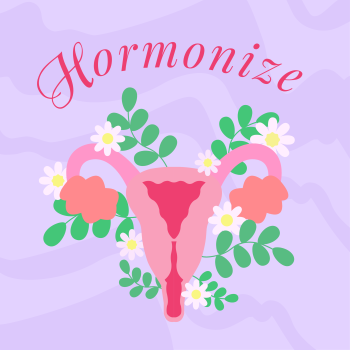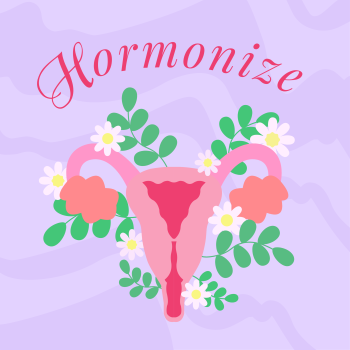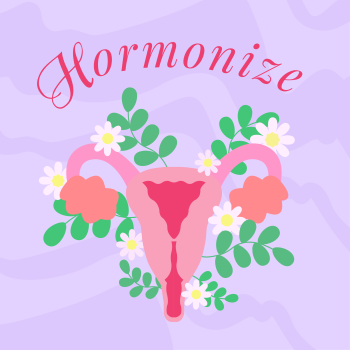






|
Our new guide reflects our youth work on planning, designing, and delivering effective youth interventions from a human rights-based, participatory, and gender-sensitive approach. It highlights the role the youth play in achieving sustainable results when designing a youth intervention is rights-based; meaning that the youth, their rights and their unmet needs and unfilled gaps are at the centre of the lifecycle of the intervention. The guide emphasises on the importance of critical thinking and intersectional criticism in developing youth interventions in relation to the human rights at stake.
The guide begins by defining the State and its institutions as the accountable duty-bearers, with duty and obligations to respect, protect, and fulfil human rights. It identifies youth organisations and youth workers as responsibility-holders who have positive influence on, and advocate for respect, protection, fulfilment, realisation, and enjoyment of human rights by strengthening the capacity of rights-holders or duty-bearers. It views youth organisations as pivotal since they represent the interests of youth, the rights-holders. Thus, the guide focuses on reinforcing the capacities of youth, as the rights-holders, to be aware of, and empowered to claim and enjoy their human rights.
Through responsibility-holders, in the context of youth work, the objective of the guide is strengthening the responsibility-holders’ capacities to meet the human rights needs of rights-holders towards the realisation and enjoyment of their rights. The guide gives insights on the rights-based approach that can be used to identify the needs and capacity gap of rights-holders that prevent them from knowing, exercising, claiming, or seeking protection and realisation of their rights. It further looks at how to identify the needs and capacity gaps preventing responsibility-holders from observing and promoting human rights and strengthening the capacity of rights-holders. Go to the guide |





 Published on 07.01.2022 at 00:48
Published on 07.01.2022 at 00:48